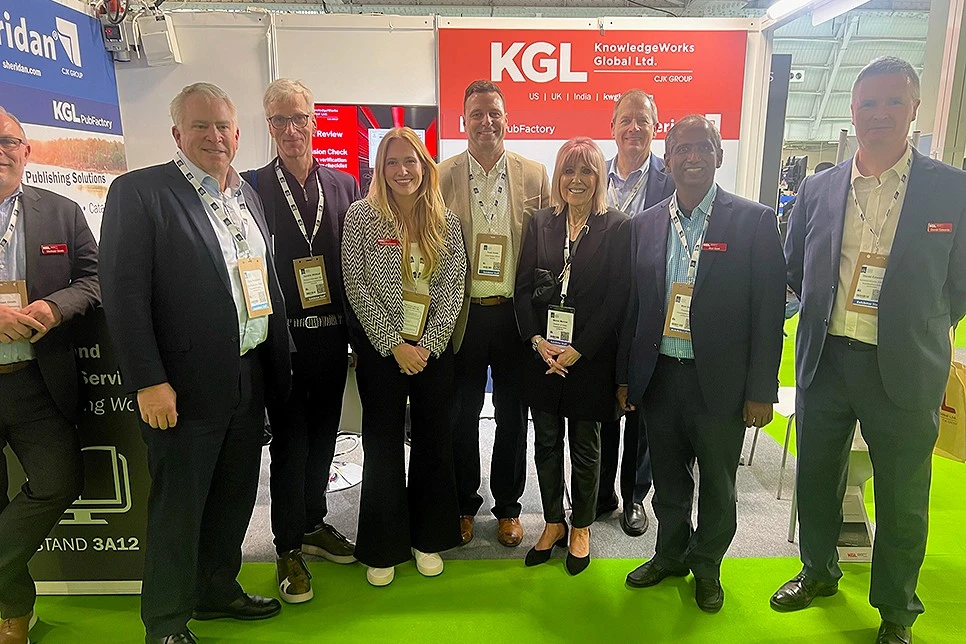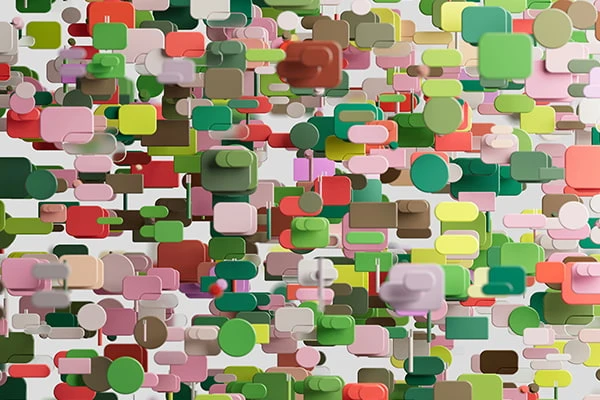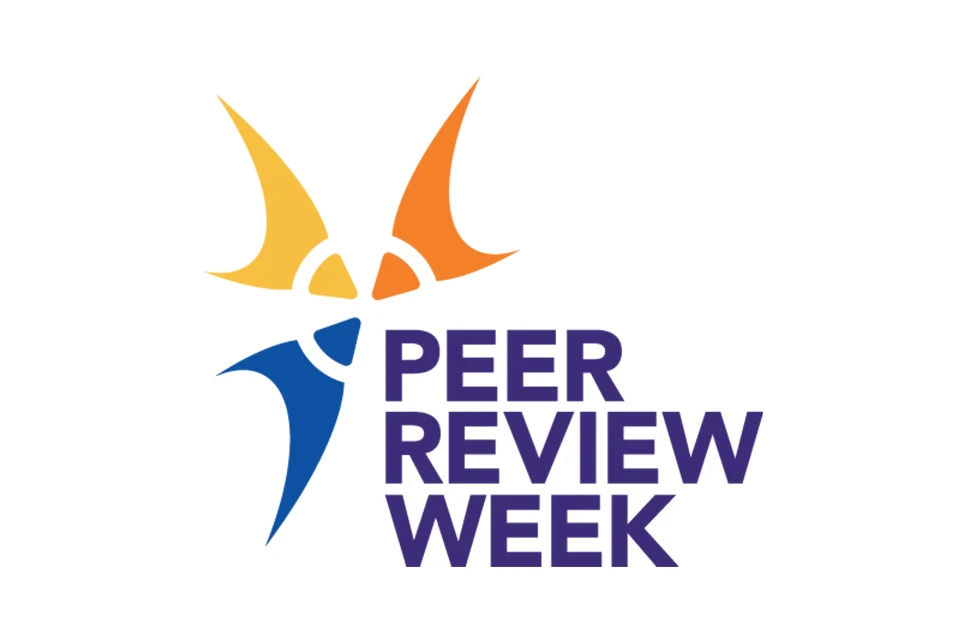
Angela Cochran explores the wide-ranging impact of public access policies on publishers, researchers, and the integrity of the scholarly record, highlighting key changes from NIH, DOE, NASA, and NSF.

AI is still very much a hot topic, but with the European Accessibility Act deadline, second Trump administration, growing research fraud, and misuse of technology, there is a whole new slate of issues for publishers to think about.

Across academic publishing there is a growing consensus that paper mills—illegal, profit-driven organizations that produce and sell fraudulent manuscripts—have become the most serious threat to research integrity and the credibility of the industry.

KGL marketing intern, Kate Kurtzman shares her observations on the many sides of the publishing industry, self-belief as a woman, insights into AI, and the value of networking.

The boundary that separates legitimate from dubious academic journals—and the process by which they can rapidly descend from the former to the latter group—also serves as a cautionary case in point.

The integrity of scholarly research has always been one of the most—if not the most—important pillars of academic publishing. Authenticity, accuracy and reliability have always been the bedrock of the industry and a source of great pride for those working within it.

For the last year and a half, the media and publishing world have generated a lot of buzz and discussion about one particular disruptive technology—artificial intelligence (AI).

Last month, customers, friends, and guest speakers from across the globe convened once again for our annual KGL PubFactory Virtual Series. During the course of the three-day event, a packed and topical agenda enabled the scholarly publishing community to share valuable insights, learnings, developments, advice and trends with their peers.

For Peer Review Week, KGL recently interviewed five scholarly journal editors and publishing professionals on the state of peer review in 2023.










